 Japanese Tourist Spots
Japanese Tourist Spots
Goshikinuma Ponds – A Historical and Tourist Guide with Recommended Accommodations – Fukushima Prefecture
 Japanese Tourist Spots
Japanese Tourist Spots 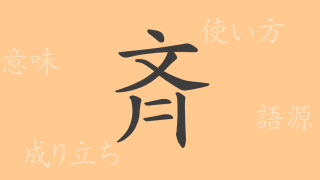 Japanese Kanji
Japanese Kanji 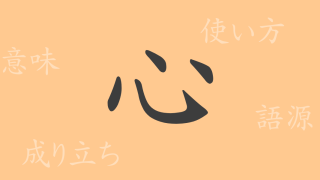 Japanese Kanji
Japanese Kanji 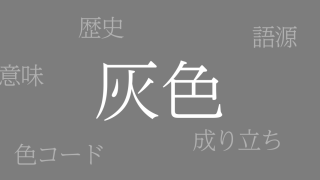 Traditional Japanese Colors
Traditional Japanese Colors 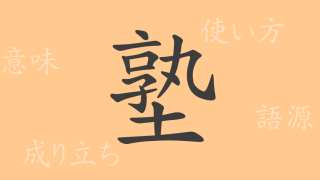 Japanese Kanji
Japanese Kanji 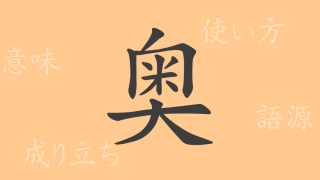 Japanese Kanji
Japanese Kanji  Traditional Japanese Colors
Traditional Japanese Colors 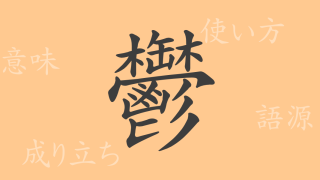 Japanese Kanji
Japanese Kanji  Japanese Kanji
Japanese Kanji  Traditional Japanese Colors
Traditional Japanese Colors 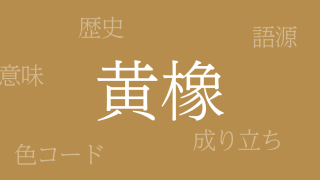 Traditional Japanese Colors
Traditional Japanese Colors  Japanese Traditional Crafts
Japanese Traditional Crafts 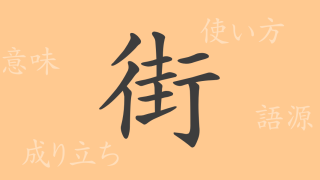 Japanese Kanji
Japanese Kanji 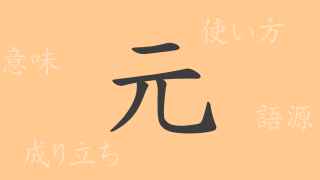 Japanese Kanji
Japanese Kanji 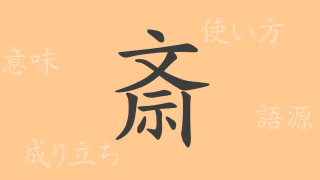 Japanese Kanji
Japanese Kanji  Japanese Kanji
Japanese Kanji 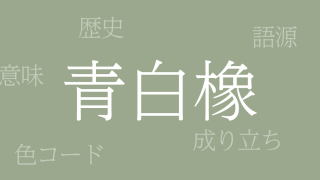 Traditional Japanese Colors
Traditional Japanese Colors  Japanese Traditional Crafts
Japanese Traditional Crafts 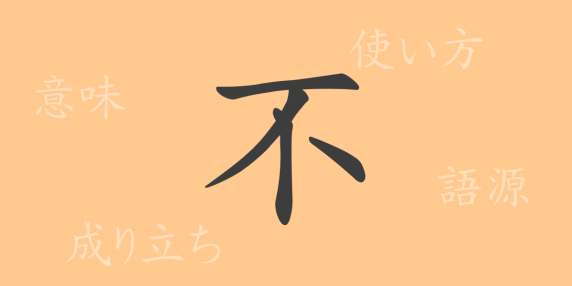 Japanese Kanji
Japanese Kanji 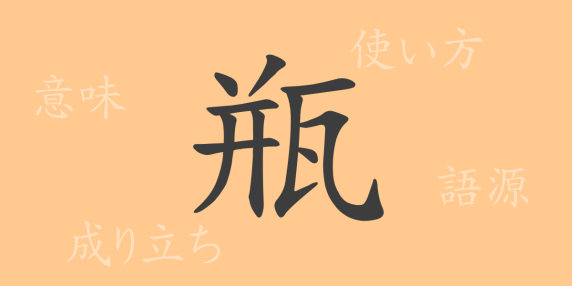 Japanese Kanji
Japanese Kanji 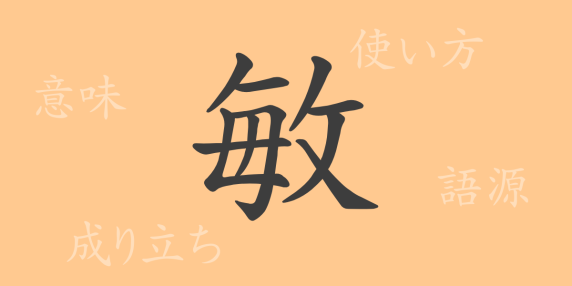 Japanese Kanji
Japanese Kanji 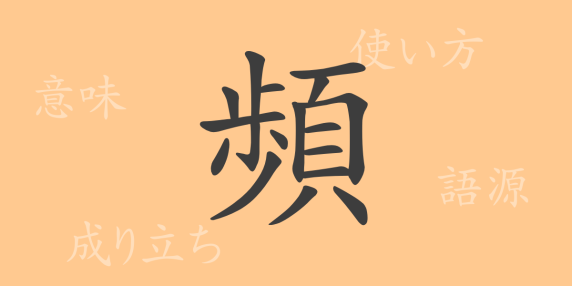 Japanese Kanji
Japanese Kanji 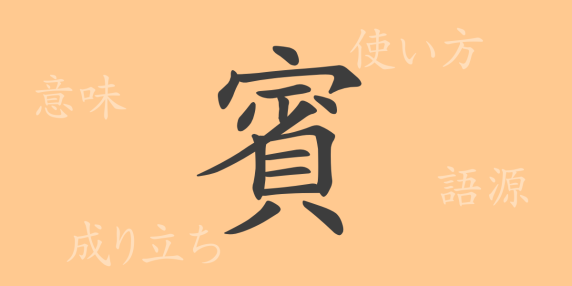 Japanese Kanji
Japanese Kanji 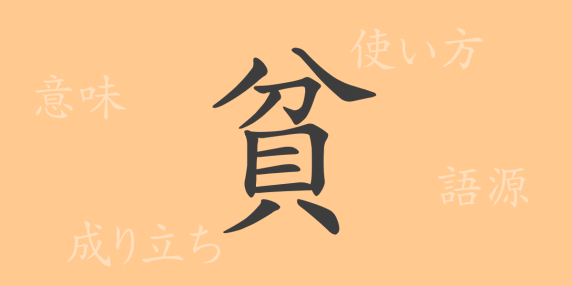 Japanese Kanji
Japanese Kanji 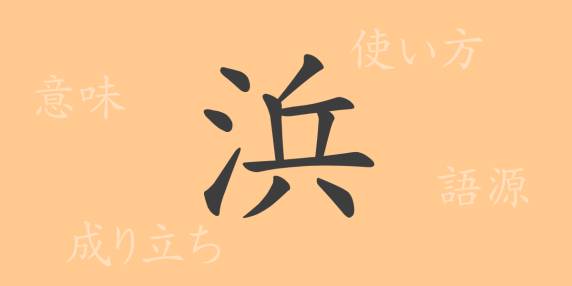 Japanese Kanji
Japanese Kanji 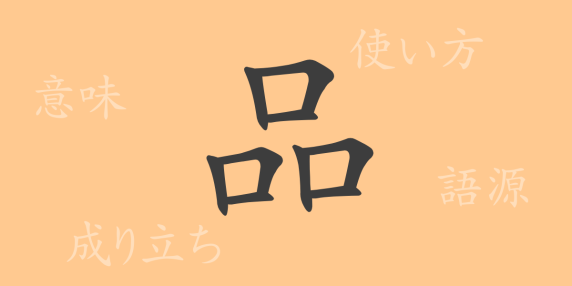 Japanese Kanji
Japanese Kanji 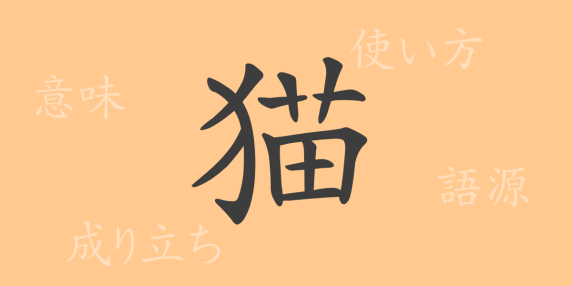 Japanese Kanji
Japanese Kanji 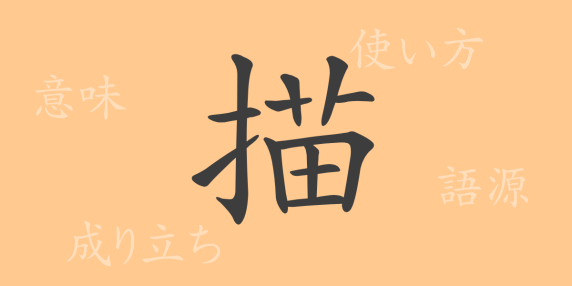 Japanese Kanji
Japanese Kanji